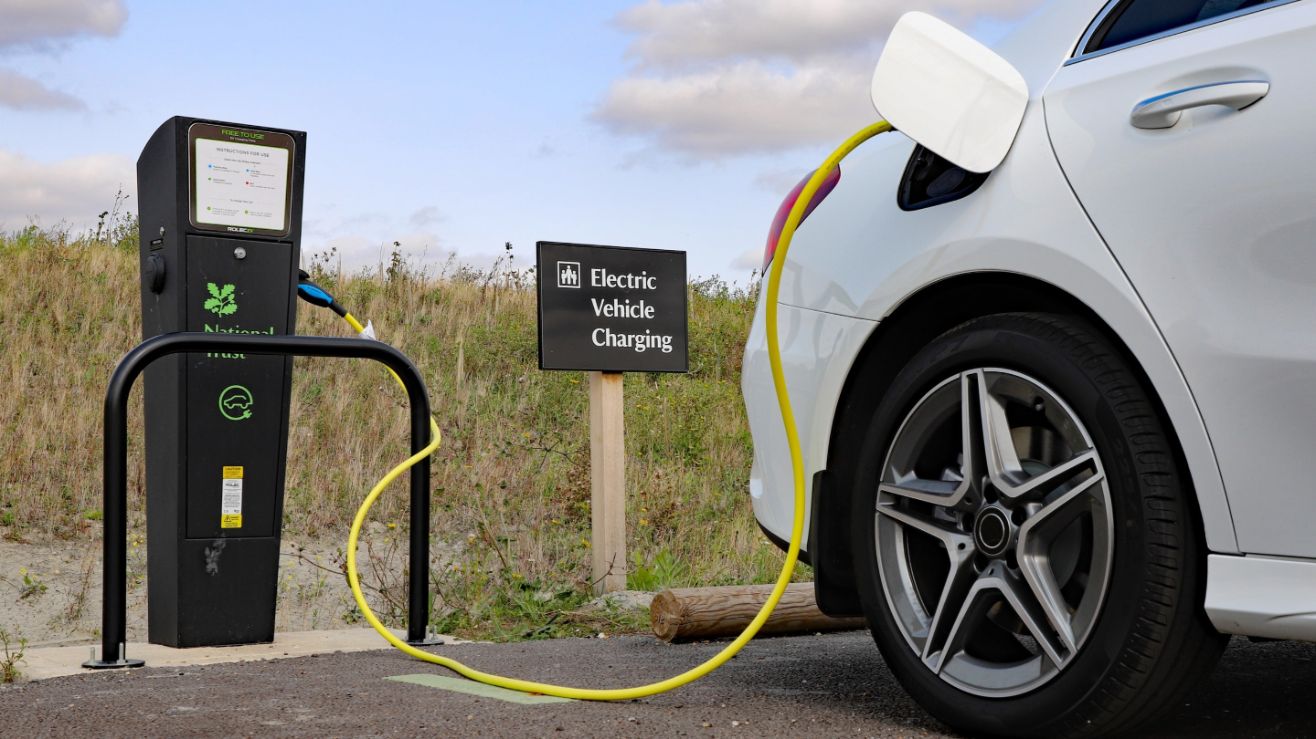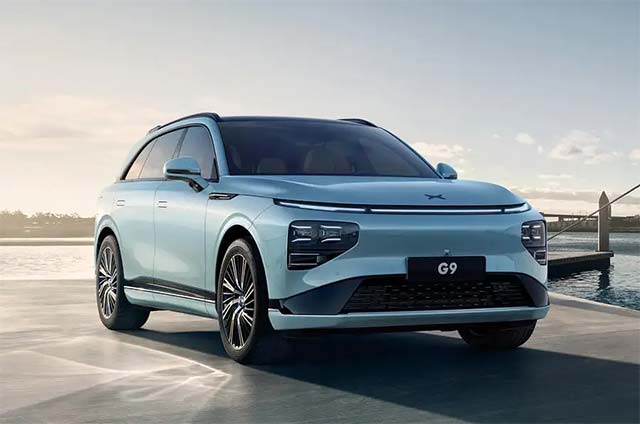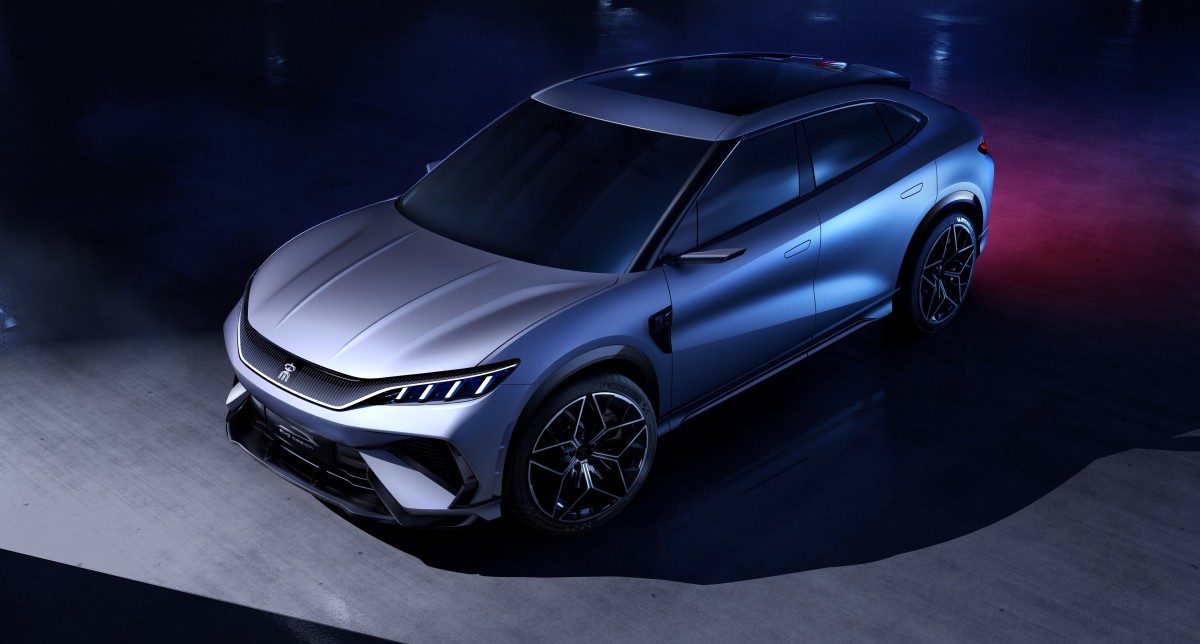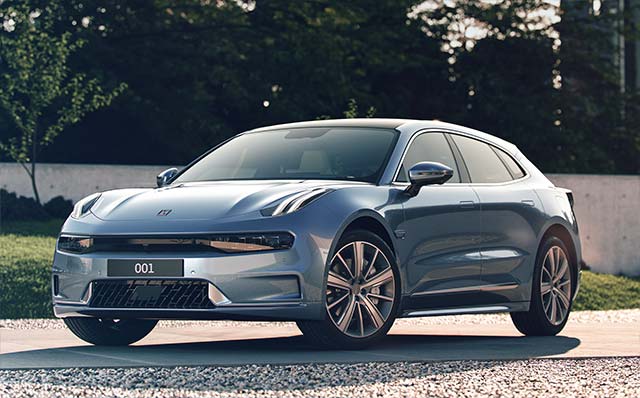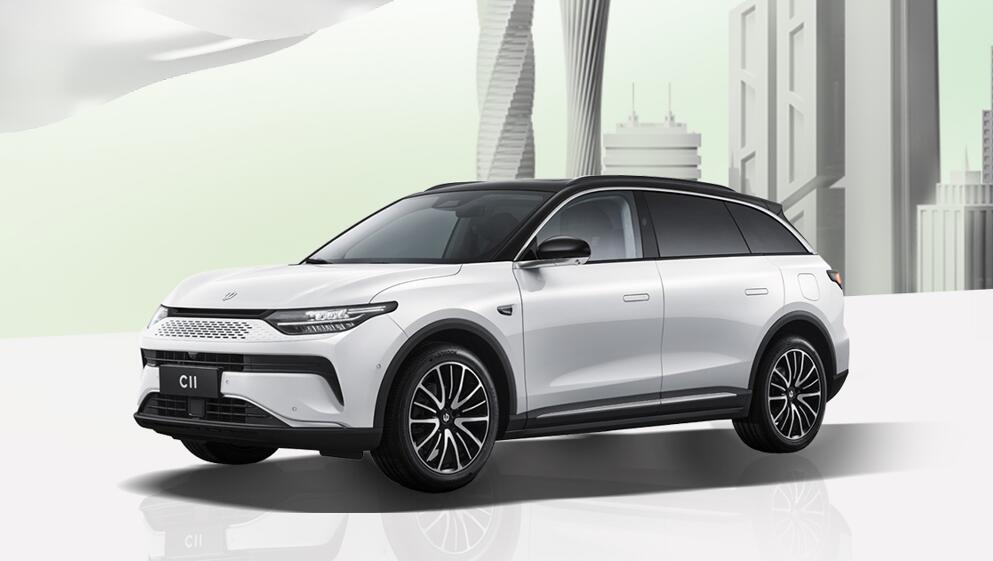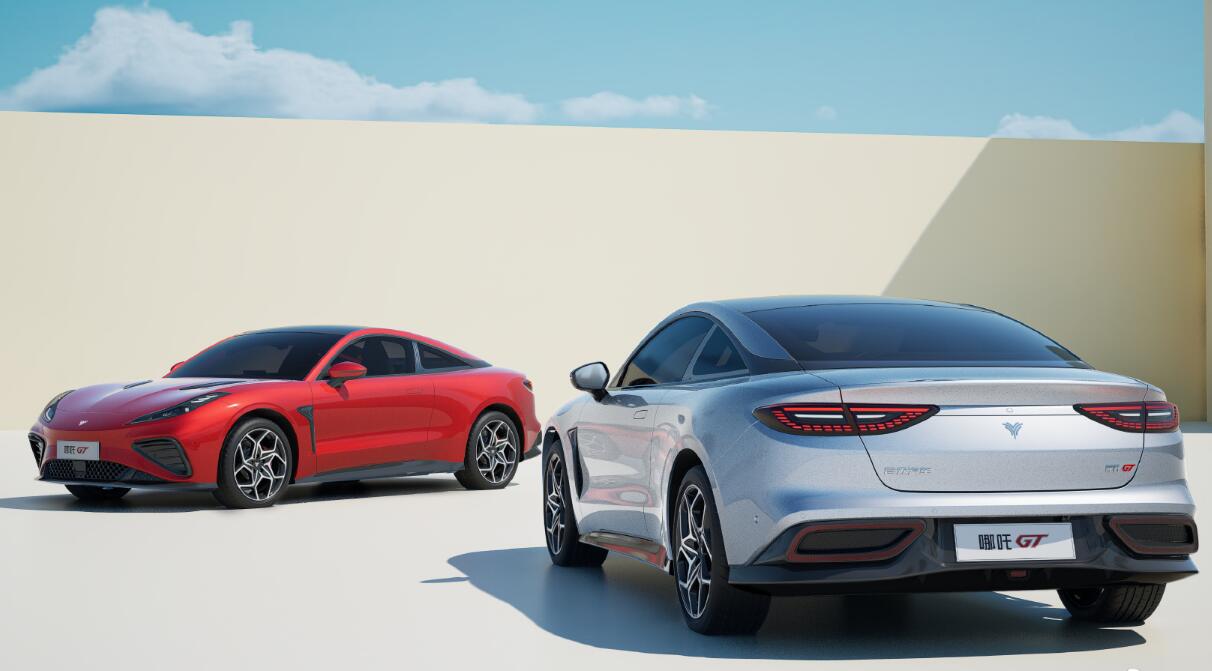European new car registrations experienced a remarkable 15.2% surge during the month of July. This uptick marks the 12th consecutive month of growth for the automotive sector, which has been diligently rebounding from the repercussions of pandemic-induced supply chain disruptions. The data, meticulously compiled by the European Automobile Manufacturers Association (ACEA), was unveiled on Wednesday, shedding light on the persistent upward trajectory of the industry.
A standout highlight of this data lies in the electric vehicle (EV) segment, which witnessed an impressive 60.6% surge in sales during the same period. This boost continues to be fueled by the various subsidies extended by a number of European Union member states, effectively propelling the adoption of electric mobility solutions. Within this remarkable surge, fully electric vehicles, denoted as EVs, notably commanded a 13.6% share of all new car sales. This proportion represents a discernible uptick from the less than 10% market share held by EVs in July 2022.
Notably, plug-in hybrids, adeptly integrating both internal combustion engines and substantial battery capacity, contributed meaningfully to the market. These hybrids accounted for 7.9% of total new car sales, signaling a growing acceptance of this transitional technology. Furthermore, a noteworthy statistic emerged, indicating that a significant one in four vehicles sold within the European Union was a full hybrid, showcasing the diverse consumer preferences prevalent in the region.
The landscape of traditional internal combustion engine models experienced a subtle shift as well. Collectively, petrol and diesel engine vehicles accounted for just shy of 50% of total sales. This balance has significantly evolved over the years, considering that diesel vehicles once dominated new car sales with a share exceeding 50%, as recently as 2015. However, in a testament to the ongoing transformation of the automotive industry, diesel vehicles constituted slightly over 14% of total sales in the month of July.
Among the prominent players in the European automotive arena, Volkswagen, the leading car seller, showcased an impressive 17.9% uptick in sales during July. Similarly, BMW and Renault witnessed commendable sales growth, recording increases of 22.5% and 16.9% respectively. However, Stellantis, grappling with logistical intricacies and car delivery challenges in the European market, experienced a marginal decline in sales, registering a 6.1% drop during the same period.
As the industry surges ahead, overcoming hurdles and embracing new technological paradigms, the July sales figures underscore a resilient sector on the path to sustained recovery and transformation.

